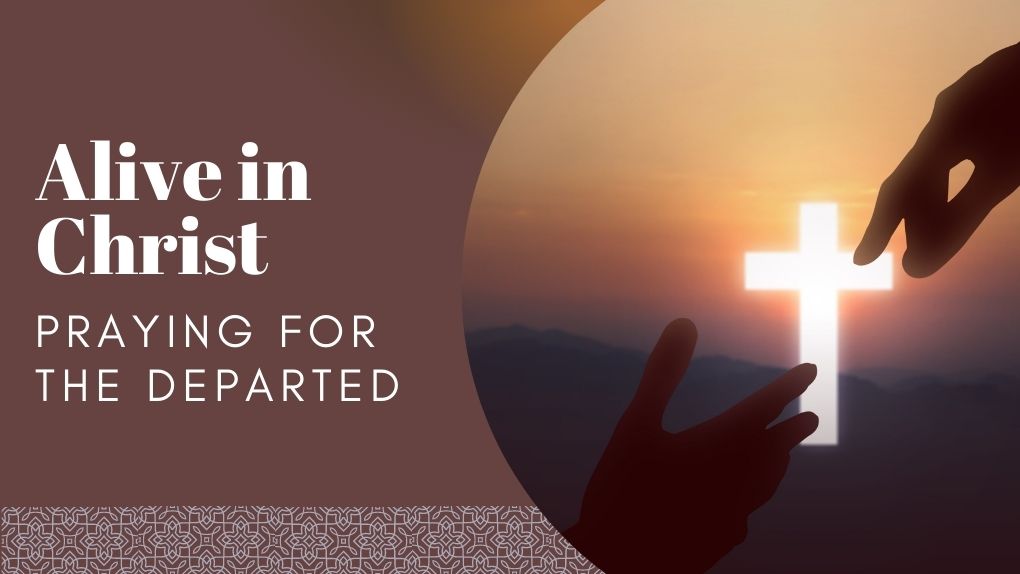Genghis Khan is widely recognized as one of the most influential figures in history. He was undoubtedly a great conqueror whose empire stretched from the Pacific Ocean to the Caspian Sea, a talented and skilled politician who converted his adversaries into dedicated allies, and a brave military commander on the battlefield. But he was a terrible planner when it came to making arrangements for his own funeral. Genghis Khan meticulously planned every detail of his funeral arrangements, and his plan was absolutely bizarre and plain weird. He made every effort to ensure that nobody would know the location of his burial site, which is kind of a tricky thing to do when you are Genghis Khan, and thousands of people attend your burial from every corner of the world. So first, the military convoy transporting his body back to Mongolia for burial was ordered to kill anyone they came across. Then he ordered a group of soldiers to kill everyone who attended his funeral ceremony. Another group was called to kill the soldiers who killed the funeral attendees. A thousand horses were brought in and ran over the area to ensure it was completely flat and unrecognizable. And the course of a river was diverted to seal and cover the burial site. So it is no surprise that the location of the great Khan’s final resting place remains a mystery for centuries.
Genghis Khan’s desire to be forgotten and not to have a memorial or gravesite is particularly strange because most of us do want to be remembered after our death. We treasure every object and memory reminding us about our beloved friends and family members who passed away. We attend and care for their gravesites and memorials and continue to love and celebrate them throughout our lives. As Christian, we also pray for the souls of our dearly departed. In fact, virtually every church service in the Armenian Church includes a supplication to remember and pray for the departed. Important life chapters such as our birth, baptism and wedding are celebrated through a single liturgical service. But when it comes to death and burial we see that the church designated numerous services for this crucial stage and point of our lives such as the wake, church and graveside services, separate services for each of the seven days following the burial, as well as services for the fortieth and one year anniversary of the passaging.
When it comes to praying for the departed, Christians have different approaches. Many from the Protestant traditions do not pray for the deceased at all and consider such practice to be contrary to Biblical teaching. The Western Catholic tradition, on the other hand, is fascinated with trying to discern and analyze what exactly happens to us after death and what is the role of prayers for the deceased. The Orthodox tradition, as is the case so often, is more balanced and based more on our overall understanding of divine love and salvation rather than purely Biblical teaching or analytical understanding.
We respectfully disagree that praying for the departed is not founded in the biblical tradition. We see clear evidence of this in the book of Maccabees (2 Maccabees 12:41) and St. Paul’s letter to Timothy (2 Timothy 1:16-18). After all, why shouldn’t we pray for the deceased? We are taught to pray for everyone and everything. We are encouraged to share our thoughts, worries and feelings with our Lord through our prayers. So why is it that when it comes to this particular subject we should start applying filters and censorship to our prayers? Why shouldn’t we share with the Lord how much we miss our loved ones, ask for His mercy for their souls and comfort for our grieving hearts? Moreover, we don’t really pray for the dead because our loved ones who lived and died in faith are alive in Christ. We see this clearly in today’s scripture reading from St. Paul’s letter to Colossians (Col. 2:8-3:17) where the apostle explains that by embracing faith we have already died and were risen by Christ to a new life in him.
But the ultimate reason and explanation of why we pray for the departed is much deeper and rooted in our very understanding of the Eucharist and the Church as the Body of Christ. We are all members of the same body – the body of Christ. We sustain this sacred bond with Christ through the Holy Eucharist and our communion with each other by praying, loving and caring for each other. When our time comes to pass from this world to another, we don’t stop being members of the living body of Christ. Therefore, it is more than reasonable to remember in our prayer the departed members of the body of Christ who are alive in him.


